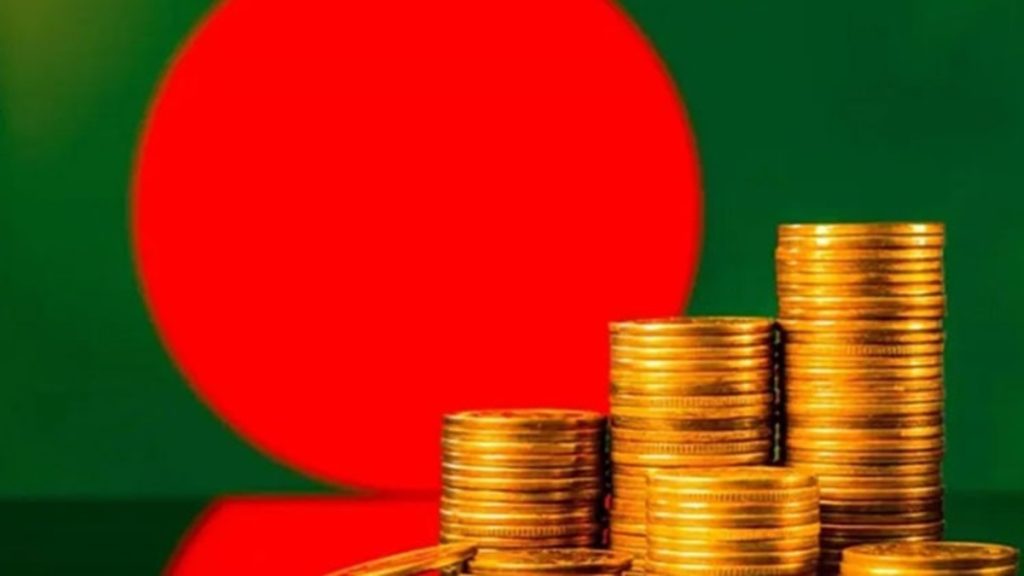Foreign direct investment (FDI) into Bangladesh plummeted 36% in the third quarter of 2023, sending alarm bells ringing about the country’s financial health.
Spooked by a volatile exchange rate and political uncertainty, external investors turned cautious, putting their capital elsewhere.
FDI inflows dropped from $1.43 billion in Q3 2022 to a mere $913 million a year later. Net investments suffered a similar fate, shrinking from $1.1 billion to $670 million. The first nine months of 2023 saw an equally worrying trend, with overall FDI dropping 24% year-on-year to $2.8 billion.
Analysts point to the soaring taka-dollar exchange rate as a major culprit. The American currency has appreciated by a staggering 30% against the taka since 2022, making Bangladesh a less attractive investment destination. Combined with a ballooning trade deficit and dwindling foreign currency reserves, this instability has shaken investor confidence.
The consequences are far-reaching. With FDI drying up, Bangladesh’s financial account deficit has widened to a concerning $5.39 billion. This imbalance, a measure of financial flows between residents and non-residents, casts a shadow over the country’s economic health.
Experts see a clear link between the economic turmoil and investor reluctance. The volatile market poses threats to business profitability and return on investment, further dissuading potential partners.
The political climate doesn’t help either. With general elections looming and macroeconomic stability shaky, investors are understandably hesitant to place bets on Bangladesh. Mustafizur Rahman, a distinguished fellow at the Centre for Policy Dialogue, highlights this uncertainty as a key factor discouraging FDI flows.
The situation demands immediate action. Experts suggest focusing on creating a more investor-friendly environment, with a stable exchange rate, predictable policies, and streamlined procedures for FDI projects.
